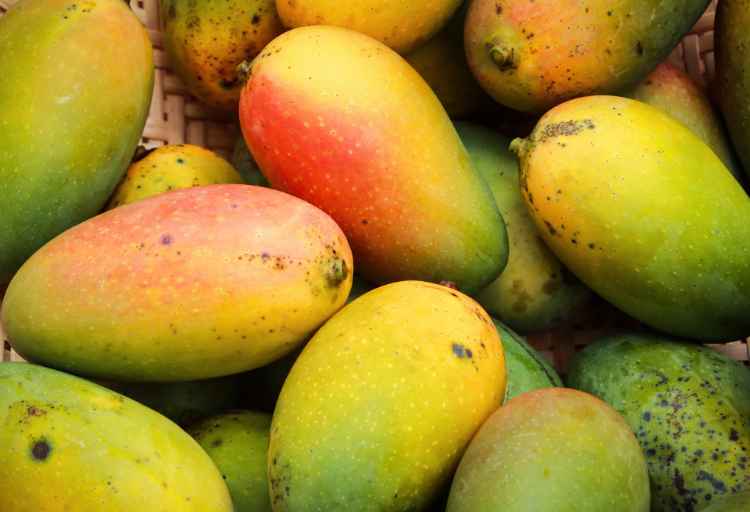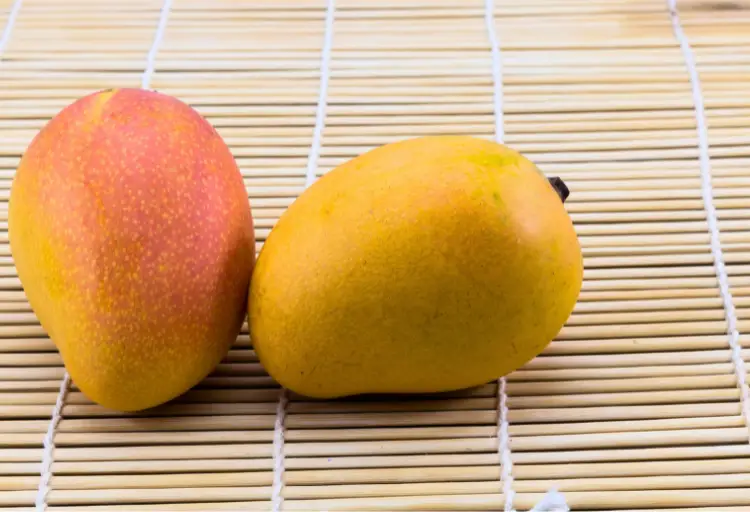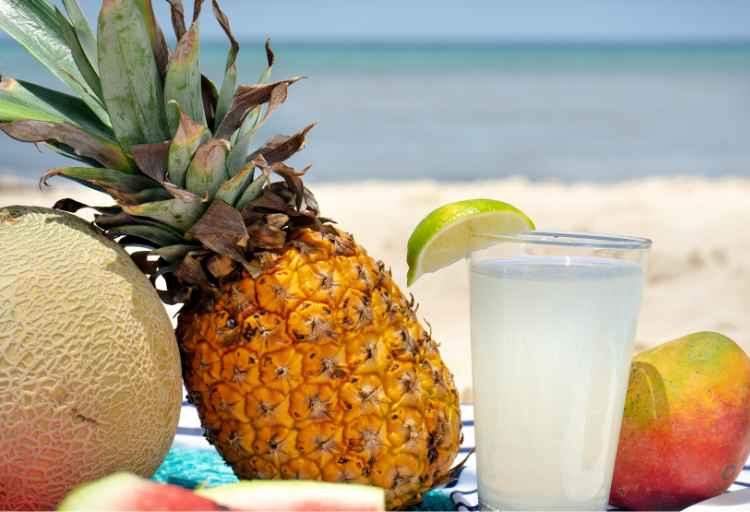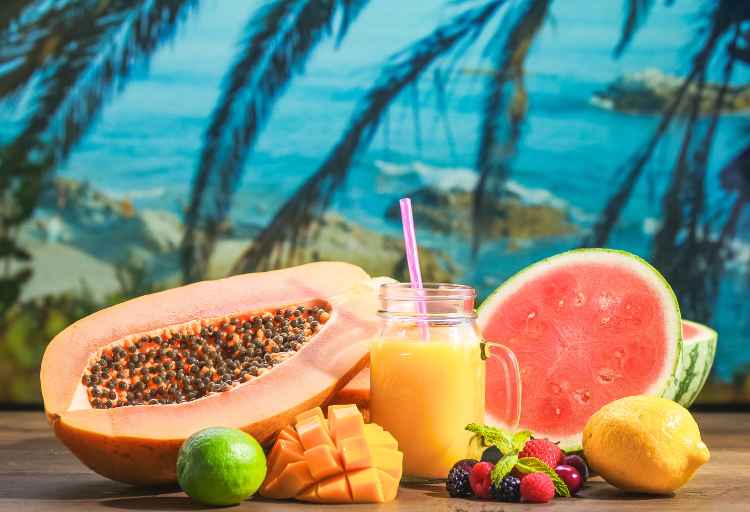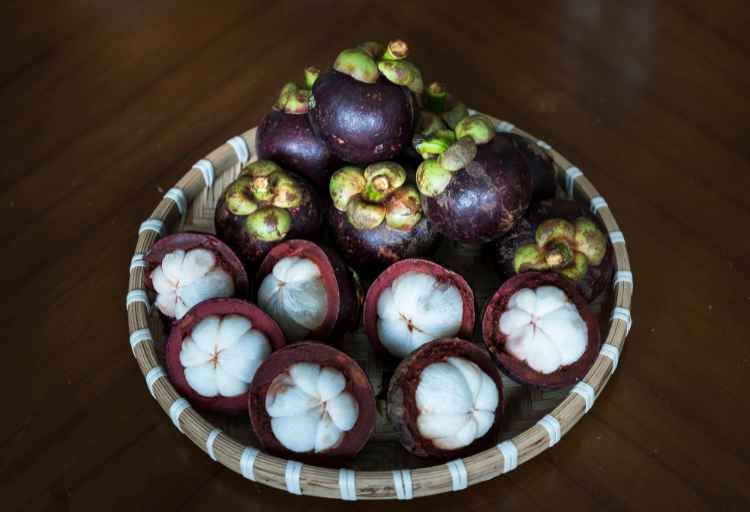Are Mangoes High in Histamine? Debunking the Myth
Mangoes, with their succulent flavor and vibrant color, are a beloved tropical fruit enjoyed by people around the world.
However, concerns have arisen about their potential to trigger histamine-related reactions in certain individuals.
Histamine intolerance is a condition where the body struggles to break down histamine, leading to adverse symptoms.
Are mangoes high in histamine? Mangoes are not considered to be high in histamine. While they contain histamine-related compounds like histidine, the levels are generally not significant enough to trigger histamine intolerance in most individuals.
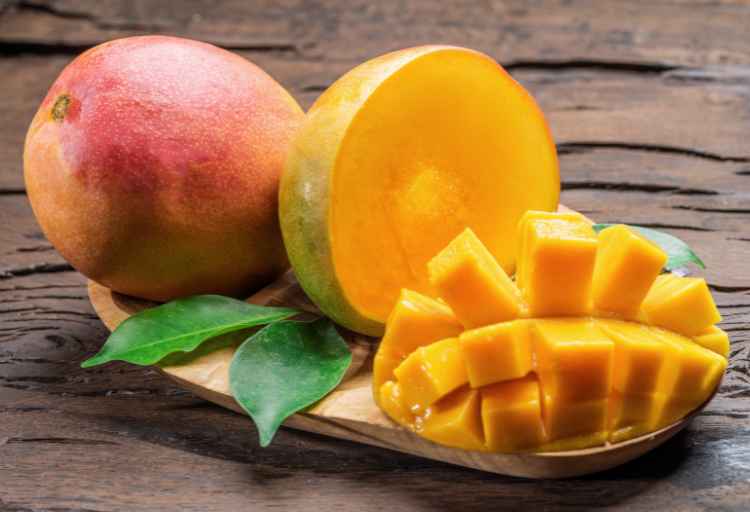
Contents
Are mangoes high in histamine? Understanding Histamine Intolerance
Histamine Intolerance Explained
Histamine is a compound found in various foods and is an essential part of the immune response. It plays a role in regulating stomach acid, blood vessel dilation, and neurotransmitter function.
While histamine is crucial for these functions, some individuals might experience intolerance due to their body’s inability to efficiently break down histamine.
This can lead to symptoms such as headaches, hives, digestive issues, and more.
Triggers and Symptoms of Histamine Intolerance
Histamine intolerance can be triggered by various factors, including diet. Foods that are aged, fermented, or stored for a long time tend to have higher histamine levels.
Additionally, foods rich in histamine-releasing compounds like alcohol and certain additives can exacerbate symptoms.
Common symptoms of histamine intolerance include skin problems, gastrointestinal disturbances, respiratory issues, and neurological symptoms.
Mangoes and Histamine: The Truth Unveiled
The Alleged Connection
A misconception has circulated suggesting that mangoes are high in histamine and could potentially trigger histamine intolerance.
This notion might have arisen due to the tropical fruit’s rich flavor and perceived similarity to other high-histamine foods like aged cheeses and fermented products.
However, this claim lacks substantial scientific evidence.
The Scientific Perspective
Research on the histamine content of mangoes is limited, and the available data does not support the idea that mangoes are a significant source of histamine.
In fact, a study published in the “Journal of Food Science” analyzed the histamine content of various fruits, including mangoes.
The study found that mangoes contained relatively low levels of histamine compared to other foods.
Histamine-containing compounds in Mangoes
While mangoes themselves might not be high in histamine, they do contain certain compounds that could indirectly influence histamine levels.
For example, mangoes contain histidine, an amino acid that can be converted into histamine.
However, the amount of histidine in mangoes is not substantial enough to significantly contribute to histamine levels in the body, especially when consumed in moderation.
Balanced Diet and Moderation: Including Mangoes in a Low-Histamine Diet
Individuals with histamine intolerance often follow a low-histamine diet to manage their symptoms.
While mangoes are not typically considered high-histamine foods, it’s essential for those with histamine intolerance to pay attention to their body’s reactions.
Some individuals might be more sensitive to histamine-rich foods and may experience symptoms even with foods that contain lower levels of histamine.
Benefits of Mango Consumption
Mangoes are a rich source of vitamins, minerals, and antioxidants that offer a myriad of health benefits.
They are packed with vitamin C, vitamin A, and dietary fiber, which support the immune system, vision, and digestion. The fruit’s natural sweetness makes it a healthier alternative to sugary snacks, promoting overall well-being.
Conclusion
In the realm of nutrition, myths often take root and influence dietary choices. The idea that mangoes are high in histamine and should be avoided by individuals with histamine intolerance is one such myth.
While mangoes do contain histamine-related compounds, the levels are not significant enough to pose a threat to most people.
As with any dietary concern, it’s advisable for individuals with histamine intolerance to consult a healthcare professional or registered dietitian before making drastic dietary changes.
For the majority of individuals, enjoying mangoes in moderation can be part of a balanced and wholesome diet.
FAQs
Are mangoes safe to consume for individuals with histamine intolerance?
Absolutely! Mangoes are generally low in histamine and are often well-tolerated by individuals with histamine intolerance. However, individual sensitivities may vary, so it’s wise to monitor your body’s reaction and consult a healthcare professional.
Can mangoes cause histamine-related symptoms like other high-histamine foods?
While mangoes contain histamine-related compounds, their levels are not usually significant enough to trigger histamine intolerance symptoms. Unlike aged cheeses or fermented products, mangoes are a safer option for those concerned about histamine intake.
Should mangoes be avoided on a low-histamine diet?
In most cases, mangoes can be included in a low-histamine diet. Their histamine content is relatively low. However, it’s wise to follow your body’s signals and consult with a dietitian to personalize your diet based on your tolerance levels.
Can consuming too many mangoes lead to histamine intolerance?
Histamine intolerance is usually not caused solely by consuming histamine-containing foods. It often involves a combination of factors, including your body’s ability to process histamine. Moderate mango consumption is unlikely to lead to histamine intolerance.
Are there any health benefits to eating mangoes despite histamine concerns?
Absolutely! Mangoes are packed with essential nutrients like vitamins A and C, dietary fiber, and antioxidants. They offer various health benefits, including supporting the immune system, aiding digestion, and promoting overall well-being. Enjoying mangoes in moderation can be part of a healthy diet.

